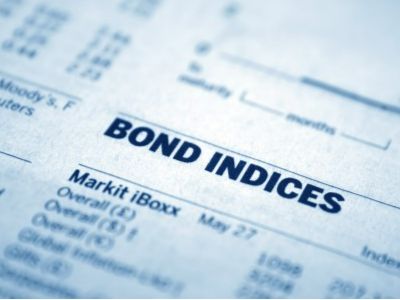Cross-border ETFs are being speculated wildly! Several ETFs have issued risk warnings. The S&P Consumer ETF has suspended trading as of today.
2025-01-10 07:17
Recently, the trading prices of many cross-border ETFs in the secondary market have been wildly speculated.
Recently, the trading prices of several cross-border ETFs in the secondary market have been speculated wildly. As of the close of January 9, the Saudi ETF (159329) and the S&P Consumer ETF (159529) hit their limit up, while the Asia-Pacific Select ETF (159687) and the Germany ETF (159561) both saw gains of over 9%. The S&P Consumer ETF had a premium of up to 51.82%, and the premiums of the South Saudi ETF, Asia-Pacific Select ETF, and Germany ETF were all over 10%. The turnover rates of the Saudi ETF and the Germany ETF exceeded 1000%, while the turnover rates of the S&P Consumer ETF and the Asia-Pacific Select ETF exceeded 700%.
The continuous high premiums of cross-border ETFs have drawn market attention. Several cross-border ETFs such as the Saudi ETF, S&P 500 ETF, Germany ETF, and France CAC40 ETF have indicated risks of premiums in the secondary market trading prices. On the evening of January 9, E Fund Management Co., Ltd. issued a notice stating that the secondary market trading price of the S&P Consumer ETF was significantly higher than the fund's net asset value per share reference, showing a large premium. Trading in this fund will be suspended starting from January 10, 2025, with the resumption date to be announced separately.
Industry insiders have indicated that the high premiums of cross-border ETFs are influenced by multiple factors. On the one hand, changes in interest rates bring global allocation opportunities, leading to heightened investor sentiment in buying cross-border products. On the other hand, cross-border ETFs have smaller scales, limited QDII quotas, and factors such as trading time and exchange rates also play a role. Several industry insiders caution that when foreign exchange quotas increase or overseas markets weaken, investor interest will decrease, and the high premium phenomenon will significantly cool down. Investors who buy at high prices in the short term may suffer significant losses.
RECOMMEND

AMAC: In January, 137 new asset-backed special plans were filed, with a total scale of 1122.64 billion yuan.
26/02/2025

Schroder Investment: Investors should consider allocating funds to securitized credit and insurance-linked securities.
26/02/2025

Reuss County Asset Annual Reflection: Policy Tipping Point is very clear. The semiconductor industry in 2025 is a game for the brave.
26/02/2025


